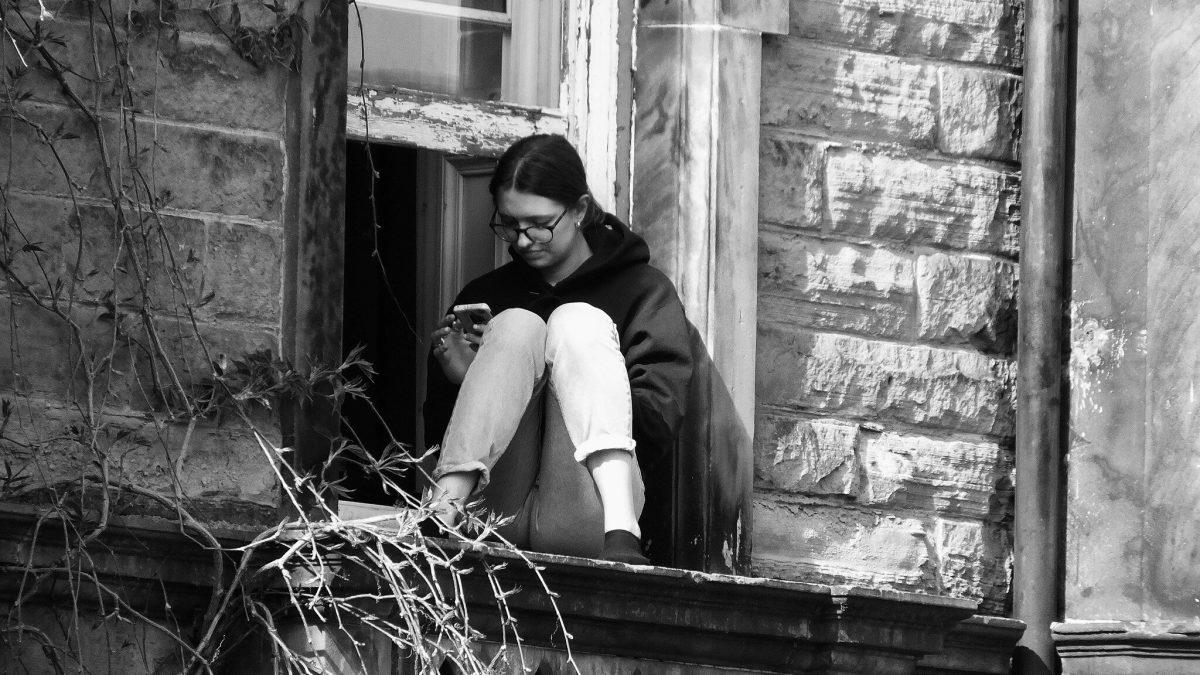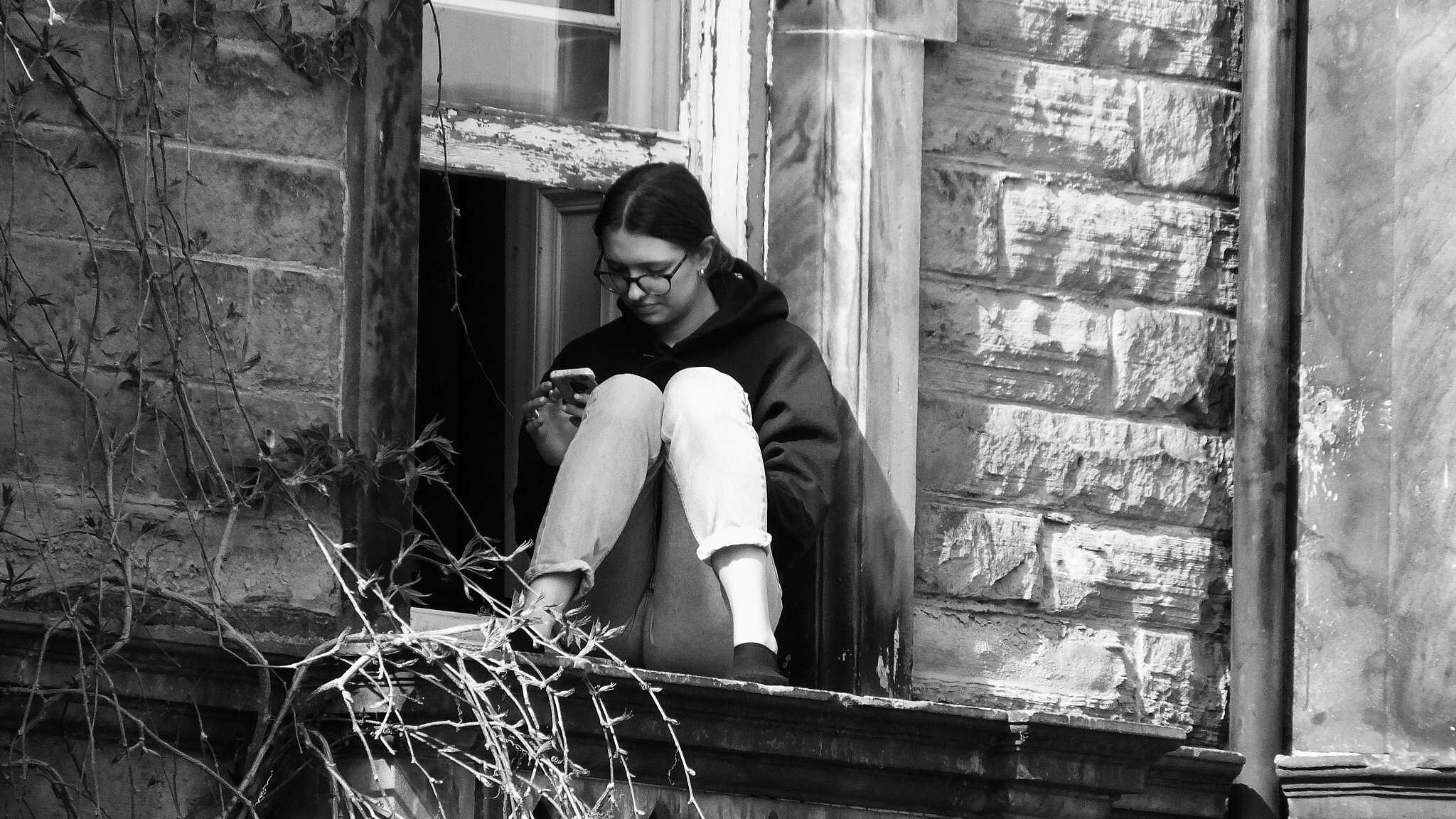Contrary to what people believed earlier this week, Instagram is not removing “likes” from their platform permanently. Their team accidentally caused a glitch while attempting to run a test on a small portion of accounts. CNN reported that a spokesperson for Facebook said, “We unintentionally added more people to the test today, which was a bug — we’re fixing this issue and restoring like counts to those people as soon as possible.”
COURTESY // BYRONV2
The public’s reaction to the possible removal of likes is striking. Those who tend to get a higher number of likes were left disappointed, while those who don’t achieve copious likes felt a sense of relief. Mollie Reilly, a Sonoma native said “As someone who isn’t a social media influencer with thousands of likes and followers, I think removing likes is a step in the right direction. Dismantling a tally-like score of popularity would help improve self-esteem when comparing yourself to others”.
Likes are perceived and often treated like virtual currency. Instagram is a business, where users with a high following profit from interaction and page traffic. This is made possible with the help of product placement and sponsored ads. Also, likes are an automatic reward for sharing something that is approved by others and seen as valuable by others. Feedback is important to people, and the easiest way to display a positive reaction is by double-tapping a screen. With such ease, it has been made possible for influencers and celebrities to reach millions of likes on a single post. For example, Ariana Grande’s post about her new fiance gained 15.6 million likes, and a random picture of an egg achieved 55 million likes- which correlates to the concept of likes potentially being meaningless. Social media platforms have given anyone the chance to be famous, or temporarily achieve virality.
While receiving likes can feel extremely rewarding- it can also feel like a total letdown when the number that does not reach the greater heights that many others have obtained. In today’s digital world, it is a common idea in society that the more beautiful you are, the more likes you get. Twitter user @Laramieknox said, “No likes on Instagram is good for my mental health, but bad for my need for validation”. This directly correlates to self-worth- or a lack of it. With beauty standards rising in the ranks of self-validation in the eyes of toxic social media, other personal attributes such as hobbies and interests fall short of likes. For example, a picture of someone posing in their bikini is more likely to gain feedback via likes than a panoramic photograph of a beautiful landscape is. This reinforces the idea that users should always strive to display the best version of their physical attractiveness, which creates a never-ending ladder to climb in efforts to reach a higher number with each post. Essentially, social media is drawing the map for how people acquire a sense of self in the eyes of their followers. Such realities can be harmful when this kind of validation is made available to young girls who struggle with self-esteem and feel the need to replicate what they see on Instagram. As adolescent minds are incredibly malleable, their beliefs are made every day on the front of their feed. After temporarily removing likes, the conversation of redefining social media, and making a safer space out of it may be brought to light.
Instagram’s test brought out a deeper meaning behind likes and revealed the emotional tie to why they are so valued in today’s society. Moving forward into the future with new Instagram updates, there are hopes for a new way to discreetly connect with others in a healthy fashion, which doesn’t include tools that affect self-worth.





![[Both photos courtesy of sonoma.edu]
Ming-Ting Mike Lee stepped in as the new SSU president following Sakakis resignation in July 2022](https://sonomastatestar.com/wp-content/uploads/2024/04/CC4520AB-22A7-41B2-9F6F-2A2D5F76A28C-1200x1200.jpeg)



























